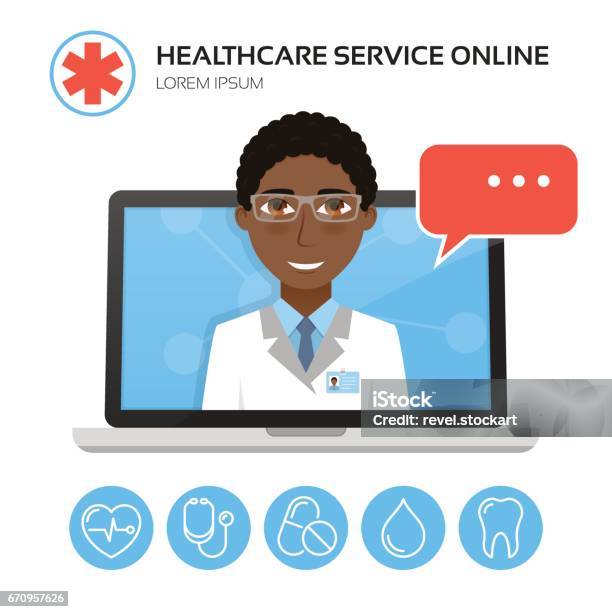Checking out the Growth of Subscription Based Healthcare in the Digital Age
Checking out the Growth of Subscription Based Healthcare in the Digital Age
Blog Article
Navigating the Future of Medicine With Subscription-Based Healthcare Services
As the health care sector develops, subscription-based solutions arise as a critical version promising to reshape patient care shipment. The answers to these concerns can fundamentally modify our method to medical care.
Rise of Membership Medical Care
As health care systems around the globe face enhancing stress from rising expenses and need for services, the arrival of subscription-based healthcare designs has actually emerged as a transformative fad. This innovative method is interrupting typical healthcare shipment by supplying a foreseeable, flat-rate payment structure for medical solutions. Rooted in the concepts of attendant medication, subscription-based medical care enables service providers to focus on individualized person treatment while at the same time handling functional performances.
The surge of this version can be credited to numerous variables. Technical innovations have actually made it possible for a lot more smooth combination of treatment with telehealth and electronic health and wellness documents, promoting the scalability of subscription services. Furthermore, the enhancing consumer demand for transparency and predictability in health care expenses has driven the change towards this model. Subscription-based solutions usually supply direct accessibility to health care experts, which can reduce the administrative burdens connected with insurance cases and repayments (subscription based healthcare).
This model is gaining grip amongst diverse doctor, from key care medical professionals to specialized clinics, by straightening monetary motivations with precautionary and continual care. By shifting the focus from quantity to value-based treatment, membership medical care has the potential to improve the landscape, fostering a much more patient-centered and sustainable technique to wellness management.
Advantages for People

Additionally, subscription-based services frequently emphasize precautionary care, motivating routine examinations and health and wellness screenings. This positive method can result in early detection of health issues, potentially improving outcomes and reducing long-term medical care costs for clients. Such models typically supply clear pricing, allowing people to much better understand their healthcare expenditures and prevent unexpected clinical expenses.
The customized nature of subscription-based medical care also improves person experience. Clients can get customized healthcare plans that fit their details needs, promoting a much more patient-centric strategy.
Technology's Function in Change

Expert system (AI) plays an important function in predictive analytics, aiding in early medical diagnosis and customized therapy plans. AI algorithms analyze vast datasets to recognize patterns that may be ignored by human monitoring, therefore improving clinical decision-making. Electronic health documents (EHRs) improve patient details administration, guaranteeing connection and coherence of blog care across different services and suppliers.
Blockchain technology enhances data security and personal privacy, important for maintaining person rely on digital systems. It enables safe and secure and transparent purchases of medical information, guaranteeing that delicate information continues to be protected. With the combination of machine discovering and AI, blockchain can automate complex health care procedures, minimizing management concerns.
Considerations and obstacles
While technology drives the capabilities of subscription-based health care solutions, it also introduces a collection of obstacles and factors to consider that must be dealt with to make certain successful implementation. One significant challenge is the equitable availability of these solutions. As subscription designs usually rely on digital systems, there is a threat of aggravating the digital divide, leaving behind individuals without web accessibility or electronic proficiency. Ensuring these services do not disproportionately benefit only tech-savvy and upscale populaces is imperative.
Information privacy and safety represent one more essential consideration. Subscription-based services often require the collection and storage space of substantial quantities of individual health information. Companies need to adhere to strict data protection regulations to maintain person trust fund and stop unauthorized access, which can bring about considerable honest and legal effects.
In addition, the sustainability of membership models poses an obstacle. As health care needs advance, preserving an affordable balance in between subscription costs and solution quality is essential to stop client frustration and attrition. Integrating these solutions within standard medical care systems requires smooth interoperability in between platforms, which is Read Full Report often a complicated and resource-intensive undertaking. Attending to these obstacles is vital as subscription-based medical care services proceed to increase and develop.
Future Implications for Medicine
Subscription-based health care services are poised to substantially affect the future landscape of medicine by improving just how care is accessed and supplied. These versions provide the potential to equalize healthcare gain access to, offering patients with more prompt and individualized interventions. By leveraging innovation, such as telemedicine and data analytics, membership services can facilitate continual surveillance and customized health and wellness administration, thus improving end results and lowering the problem on standard healthcare systems.
As these services gain grip, they might stimulate a change in the direction of preventative care, emphasizing the relevance of early detection and monitoring of chronic conditions. This aggressive technique might inevitably decrease health care prices by reducing the demand for pricey treatments emerging from late-stage illness management. Registration models supply a scalable service to address variations in healthcare access, especially in country or underserved populaces.
However, the change towards subscription-based designs requires dealing with ethical and governing considerations, including information privacy and equitable accessibility. As the industry advances, joint efforts between policymakers, modern technology developers, and health care companies will be important to developing durable frameworks that secure person interests while promoting development. Inevitably, these solutions promise to contribute dramatically to a more effective, patient-centered healthcare community.

Final Thought
Subscription-based healthcare solutions represent a considerable advancement in the medical field, using foreseeable prices and customized treatment that enhance ease of access and focus on safety nets. Technological innovations, such as telemedicine and AI-driven analytics, facilitate tailored individual experiences, boosting overall health and wellness results. Nonetheless, challenges such as data privacy and equitable gain access to have to be resolved to ensure the widespread benefits of these services. As the health care landscape progresses, membership designs are positioned to play a critical duty fit the future of medication.
As the medical care sector develops, subscription-based solutions emerge as a critical model assuring to reshape patient treatment shipment.As health care systems around the world face raising stress from increasing costs and need for services, the advent of subscription-based medical care designs has arised as a transformative fad (subscription based healthcare).With the surge of subscription-based health care versions improving traditional medical care delivery, people are beginning to experience substantial benefits from this innovative strategy. As health care requires site link progress, maintaining a cost-effective equilibrium between subscription costs and service top quality is important to protect against client dissatisfaction and attrition.Subscription-based medical care services are poised to substantially influence the future landscape of medication by reshaping just how care is accessed and provided
Report this page